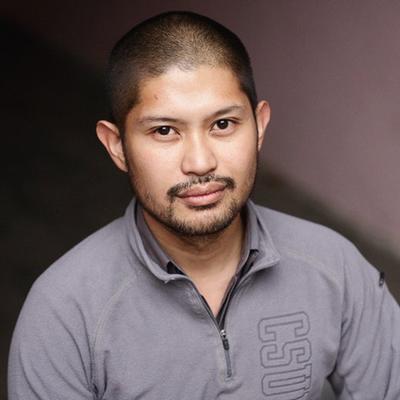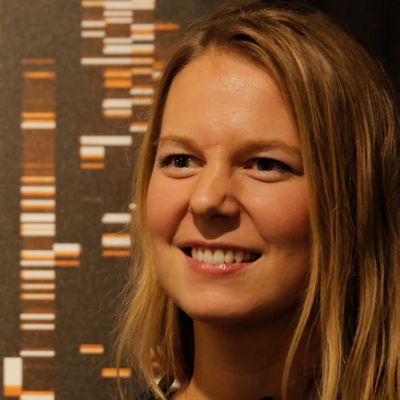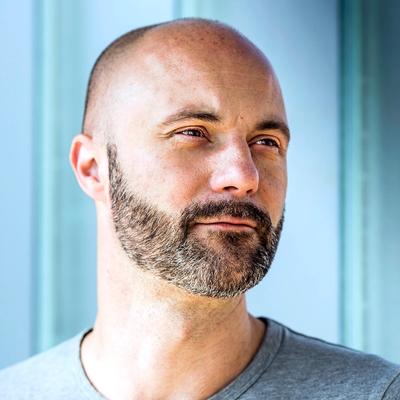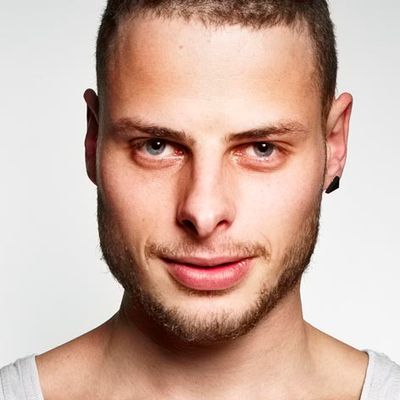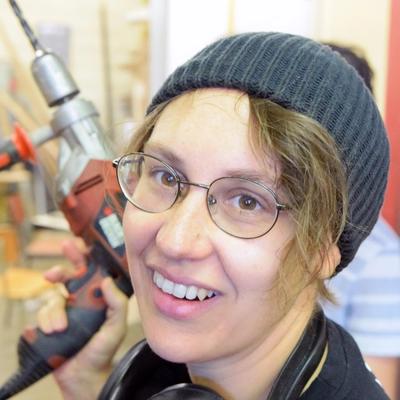RITCS Winter School 2022: Climate Change and the new Space Race

resources | |
|---|---|
| Documentation of SEADS Workshop for Winter School 2022 | |
| RITCS Winter School 2020 | |
| RITCS Winter School 2019 | |
| Presentation on RITCS Winter School 2022 during Convergence 2023 Seminar | |
Every year, the Royal Institute for Theatre, Cinema and Sound (RITCS) organizes the Winter School. Over a period of two weeks in January, a common moment is created across the different departments of the school for an interdisciplinary research module. This takes the form of a mini-festival, built around a central theme, where people from outside the school are invited to work on that theme in a number of parallel workshops.
For the Winter School 2022, the interesting tension between the climate crisis on the one hand and the new space race on the other will be explored. SEADS will be leading one of these workshops. We proceed from the assumption that while it might seem that confronting climate change and investing in space exploration are strategies opposite to each other, they are really both concerned with survival and with the search for humanity’s place in this universe. We invite art and performance students at RITCS to act as radical agents and to develop multisensory expressions and imaginations beyond what we can ordinarily see, in order to address our lack of connection with nature and the universe. Can we create a multisensory performance in which audiences really, deeply experience the complex and invisible forces that are shaping the planet’s climate? What about designing a technology where we can feel deep in your muscles what it’s like to be a lizard or some other non-human living being? Can we craft an experience that helps the audience feel in their body the vastness, emptiness and incomprehensible age of the universe? SEADS Collective members will work with the workshop participants to explore creative questions like these in this workshop track. We invite them to use their skills and tools they use as artists, combine them with knowledge and technologies borrowed from other disciplines to hack the brain and the body, and devise ways of profoundly transforming the audience’s (or the performer’s) understanding of the self in relation to the universe.
RITCS participants: Ade Bormans, Alice D'hondt, Bram Spooren, Brecht Mertens, Ditmar Goes, Elena Brea Sandín, Felix Maesschalck, Fiona Desmet, Isaak Roeland, Laura De Baudringhien, Leon Decock, Luna Glowacki, Mike Neyens, Pauline Augustyn, Suzanne Versele, Vanda Tollas



































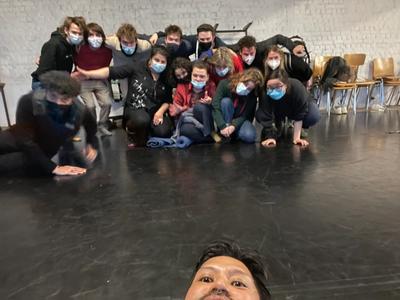

Participating SEADS members
